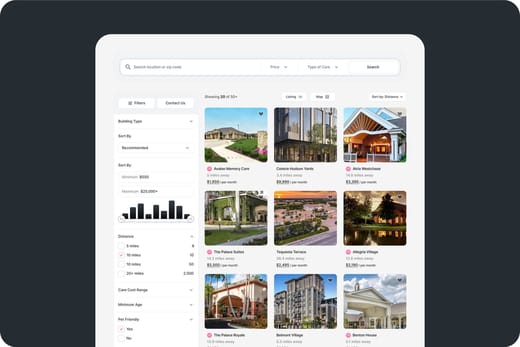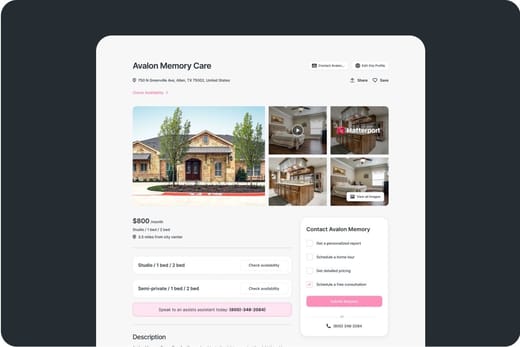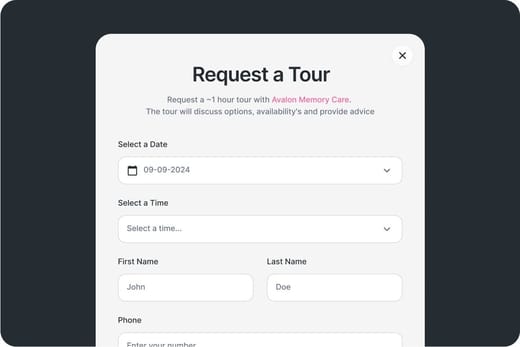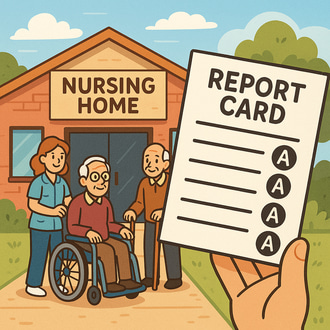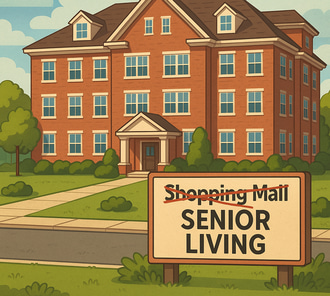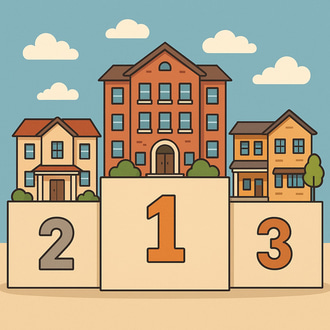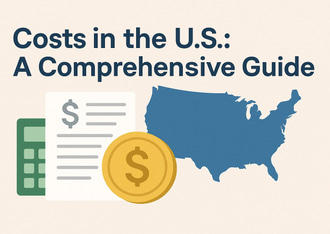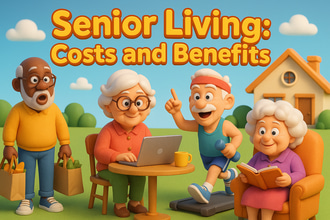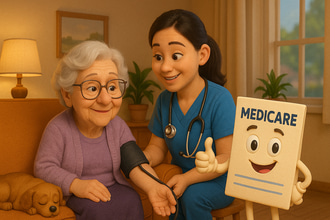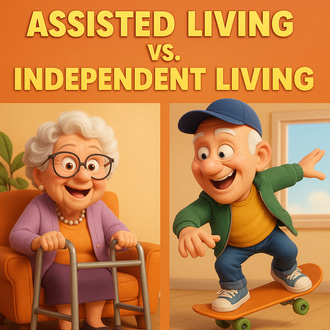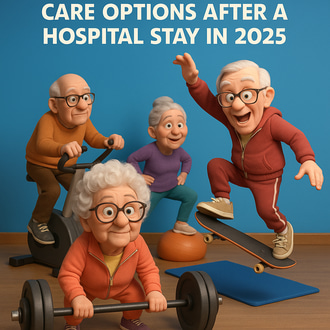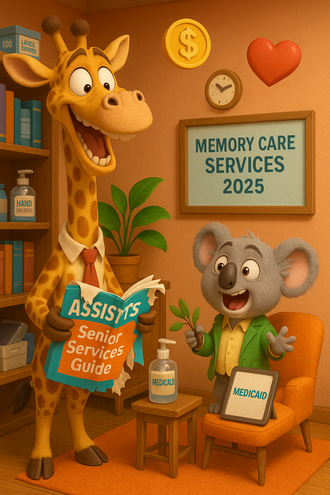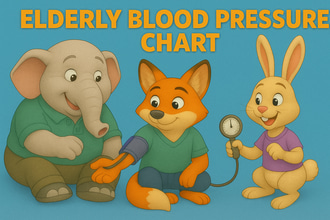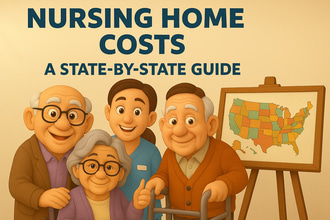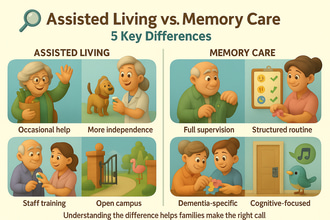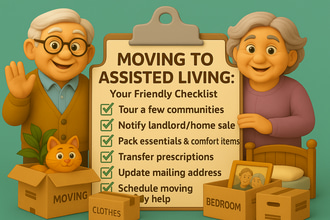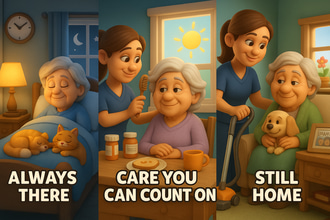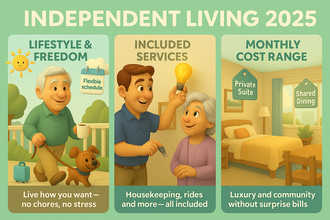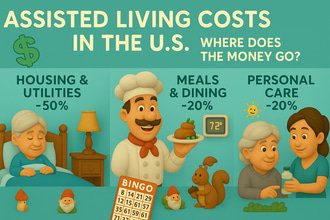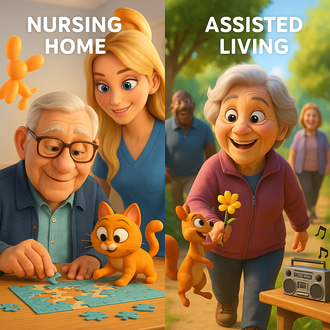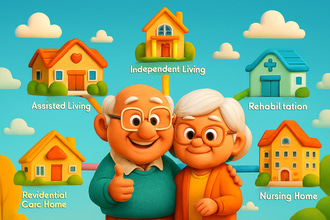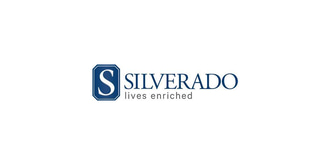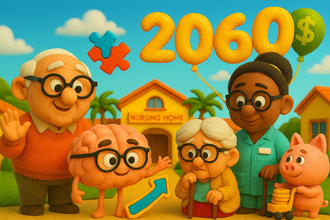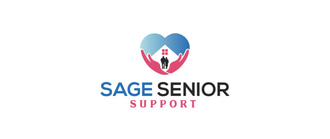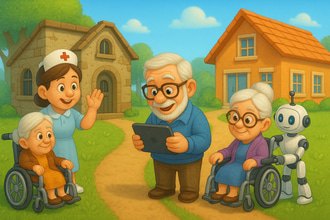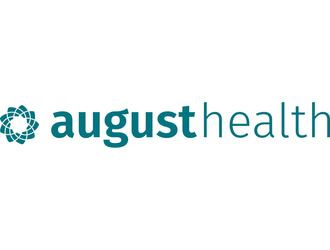Home and Community-Based Services (HCBS) Waivers are an umbrella term used to categorize programs provided by the state and Medicaid. These programs often cover long-term care services and support in a home or community setting. HCBS waivers are known differently in each state, such as Georgia’s Community Care Services Program and California’s Home and Community-Based Alternatives (HCBA) waiver. Additionally, each state may offer several HCBS waivers to cover eligible residents’ various needs.
Services include:
HCBS waivers widely depend on each state, hence, coverage differs. However, common services include:
- Adult Day Health Services – recreational programs and health services in a supervised community setting.
- Behavioral Supports – services related to behavioral changes.
- Case Management/ Support and Service Coordination – helps with coordinating and planning their care plans.
- Community Transition Services – assistance for those moving from an institutional setting back to the community.
- Environmental Accessibility Adaptations/ Home Modifications – modifying one’s environment to improve accessibility and safety.
- Homemaker Services – assistance with household chores.
- Home Health Aide Services – assistance with daily living activities.
- Home-delivered meals.
- Respite Care – relief for primary caregivers/ family caregivers.
- Personal Care Services – support to activities of daily living.
- Private Duty Nursing – skilled nursing at home.
- Therapies – physical, occupational, speech-language pathology, and respiratory therapies.
- Transportation – assistance with travel to medical appointments.
States provide a combination of these services to lessen eligible residents’ financial burdens. Additionally, other services that are not usually covered by Medicaid can be subject to approval if they are cost-effective and necessary to prevent institutionalization.
Eligibility
- Medical/ Functional Eligibility (Level of Care)
- A level of functionality is assessed, which qualifies residents for special care, including nursing facility level of care, hospital level, or intermediate care facility for individuals with intellectual disabilities.
- The ability to perform Activities of Daily Living (ADLs) is evaluated, alongside instrumental activities of daily living (IADLs) and cognitive or behavioral needs.
- Financial Eligibility
- Applicants must meet the Medicaid standard of income and asset limits.
- In Georgia, CCSP eligibility requires income limits of an average of $2,829 per month or 300% FBR per individual in 2025, while asset limits are $2,000 for an individual and $3,000 for a couple.
- California, on the other hand, has abolished the asset limit for most Medicaid programs since January 2024. However, income limits still exist at around $1,801 per month in 2025.
- Spousal impoverishment rules may also come into effect to protect a part of a spouse’s income and assets.
- Other Requirements
- Residency
- Citizenship
- Need for Services
- Waiver Capacity
- Depending on the state, HCBS waivers provide services to those 55+ or 65+.
How to Apply for HCBS Waivers
- Identify HCBS Waiver programs.
- States may have several HCBS programs; hence, research the right waiver that fits your needs. State Medicaid agencies, Departments of Human Services, or Departments of Aging and Disability provide good resources.
- Reach out to the Administering Agencies
- Local agencies provide more detailed information on requirements, eligibility, and the application process.

